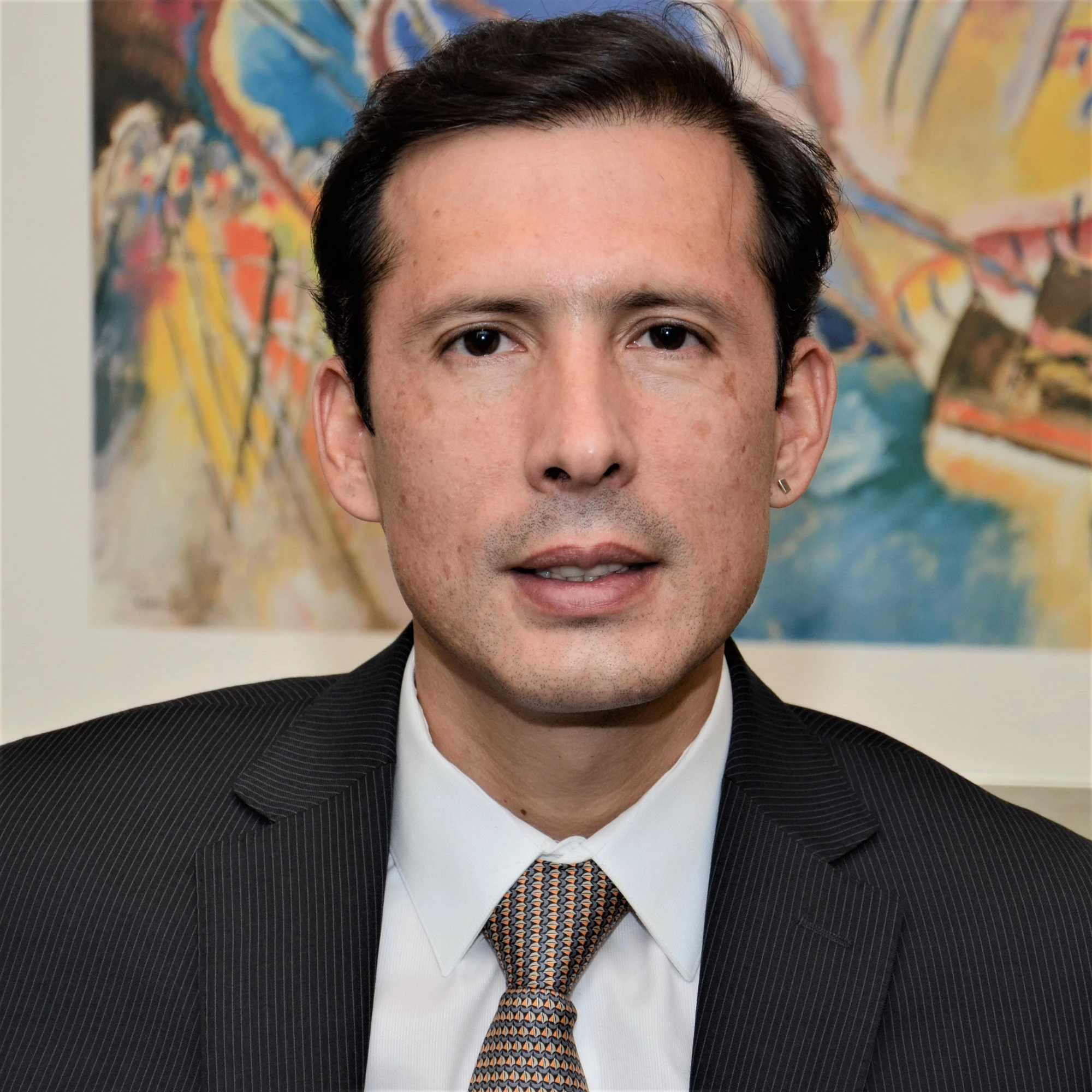Adverse events coming from systemic or idiosyncratic risks may destroy lives, assets, trust, and social stability. While risks in some areas have diminished in recent years (notably health, and economic crises in developing countries), risk has become more pronounced in other areas, including natural hazards, crime, the environment, and food prices. Especially when risk is mismanaged, the consequences can be severe, turning into crises with often unpredictable consequences. Such crises can have damaging consequences not only because they affect people’s current living conditions but also because they weaken their ability and willingness to undertake new opportunities. Realizing that a negative shock can push them into destitution, bankruptcy, or crisis, people may stick to technologies and livelihoods that appear safe but are also stagnant.
The voluntary pursuit of new opportunities may also entail significant risks. A country that opens its borders in pursuit of international integration and higher economic growth may also increase its exposure to international shocks. A firm that upgrades to more advanced technologies to enhance its profitability may also become more indebted and financially vulnerable. Farmers who adopt new crops and use more inputs in expectation of higher yields may also face potentially larger losses. A rural household that migrates to the city seeking better health and education services may expose its members to higher crime and less communal support. The motivation behind these actions is the quest for improvement, but the results are seldom guaranteed.
While there has been much debate about how people, organizations, and states should manage single risks, little attention has been paid to understanding how to better manage multiple risks. Without such an understanding, policymakers and other social actors do not always see the whole picture. In particular, there is little debate on who is responsible and who is empowered to manage risks, and how risk management can be better coordinated at all levels of society.
The upcoming World Development Report (WDR) looks at risk, how it is managed, and the implications for economic development and reducing poverty. The report focuses on how households, communities, businesses and government can support individuals in managing risk. Among other things, the aim is to explore how people can be empowered to take risks that lead to better opportunities, with the support of private and public systems.
For the first time in the history of the World Development Report, we are using the Web to collect views from individuals across the world for inclusion in the final publication, due out in the fall of 2013. We are looking for firsthand experiences and stories of real people confronting risks in their pursuit of opportunity, to supplement our extensive on-the-ground consultation effort. Join me and my team for a live chat to ask questions and help us write the World Development Report 2014 by sharing your stories.


Join the Conversation